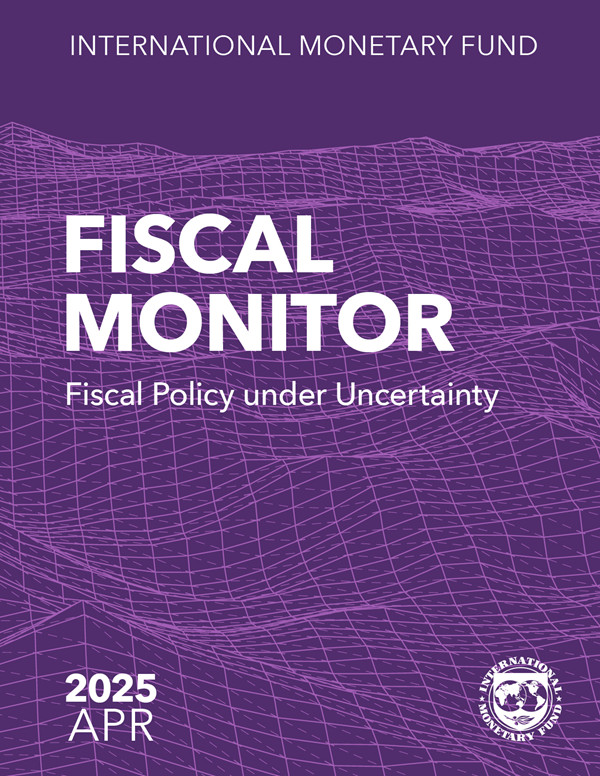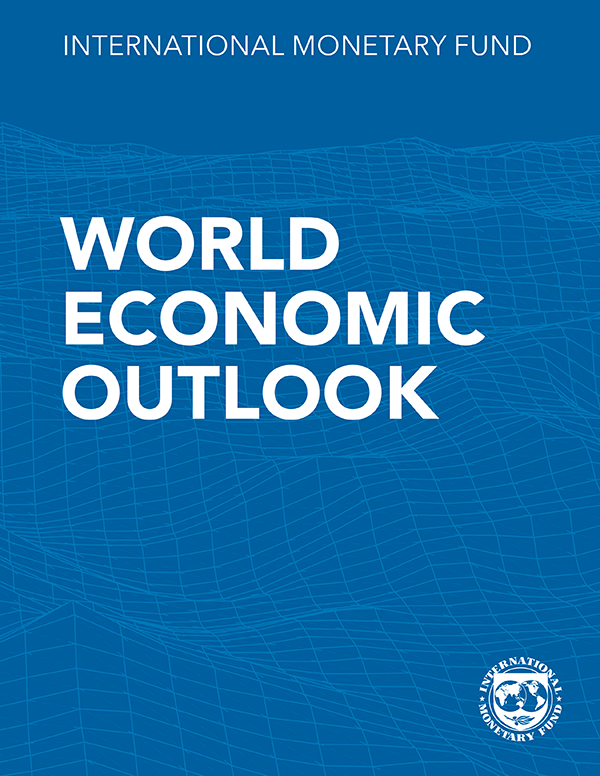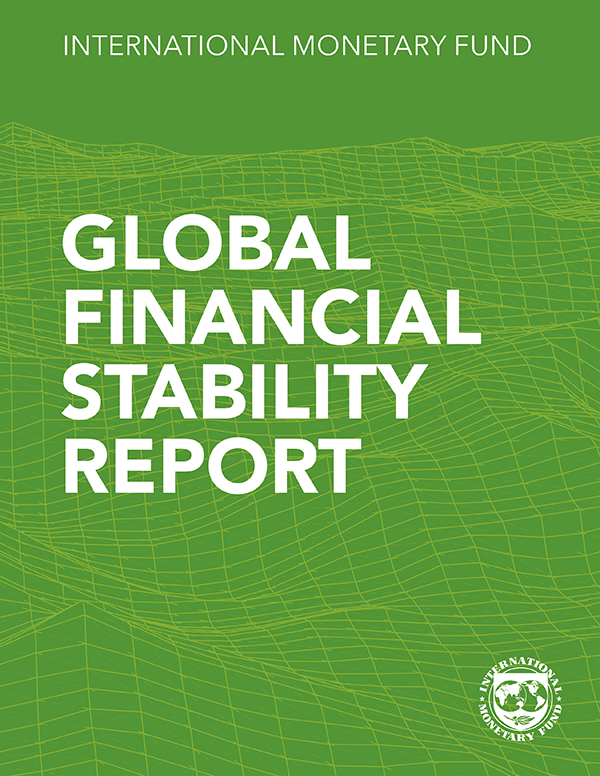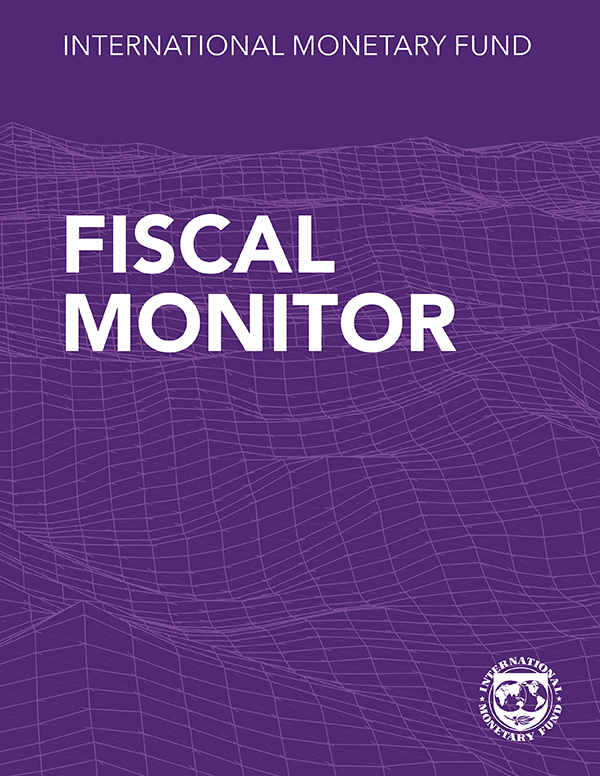Fiscal Policy under Uncertainty
Escalating uncertainty and policy shifts are reshaping the fiscal outlook. Global public debt projections have been revised upwards, while tariffs, uncertainty and market volatility, increased defense spending, and challenging foreign aid are intensifying risks. Countries must implement gradual fiscal adjustments within credible medium-term frameworks to reduce debt and build buffers against heightened uncertainty. Reforms to major expenditure programs, such as energy subsidies and pensions, are crucial to reducing fiscal vulnerabilities while fostering growth. Stakeholder acceptance is critical for advancing such reforms. Shoring up public support requires strategic design, effective communication, robust safety nets, and trust in governance.
*The estimates and projections are based on statistical information available through April 14, 2025, but may not reflect the latest published data in all cases. For the date of the last data update for each economy, please refer to the notes provided in the online WEO database.
*The estimates and projections are based on statistical information available through April 14, 2025, but may not reflect the latest published data in all cases. For the date of the last data update for each economy, please refer to the notes provided in the online WEO database.
Chapter 1: Fiscal Policy under Uncertainty
Escalating uncertainty and policy shifts are reshaping the fiscal outlook. Global public debt projections have been revised upwards, while tariffs, market volatility, increased defense spending, and challenging foreign aid are intensifying risks. Countries must implement gradual fiscal adjustments within credible medium-term frameworks, reducing debt and building buffers against heightened uncertainty.

Chapter 2: Public Sentiment Matters: The Essence of Successful Energy Subsidies and Pension Reforms
This chapter examines strategies to build public support for reforms to energy subsidies and public pensions, which are crucial for reducing fiscal vulnerabilities and fostering inclusive growth. Energy subsidy reforms enhance efficiency and reduce inequality, while pension reforms ensure sustainability and alleviate old-age poverty. Resistance arises because costs are tangible, while benefits are diffuse. The chapter introduces a real-time measure of reform acceptability using large language models to quantify stakeholder sentiment. Findings show that careful design, timing, accompanying measures, and governance improve stakeholder sentiment and help advance ambitious and durable reforms. Redistribution policies and strategic communications can mitigate resistance.
Press Briefing: Fiscal Monitor, April 2025
Press Briefing: Fiscal Monitor, April 2025
Publications

December 2025
Finance & Development
- More Data, Now What?

Annual Report 2025
- Getting to Growth in an Age of Uncertainty

Regional Economic Outlooks
- Latest Issues








